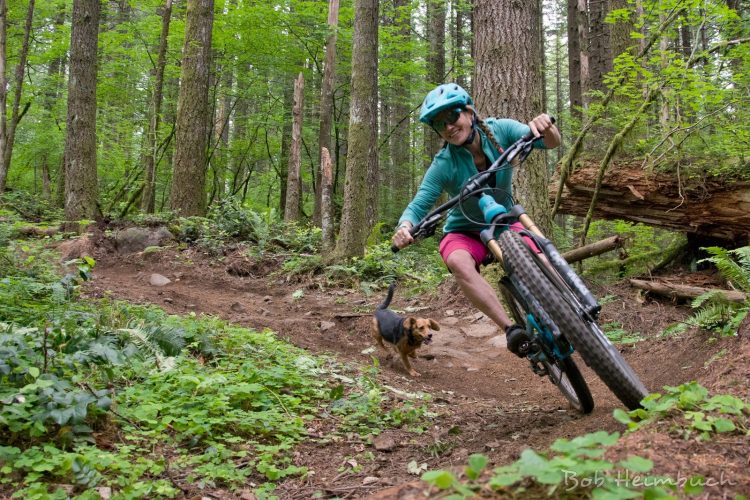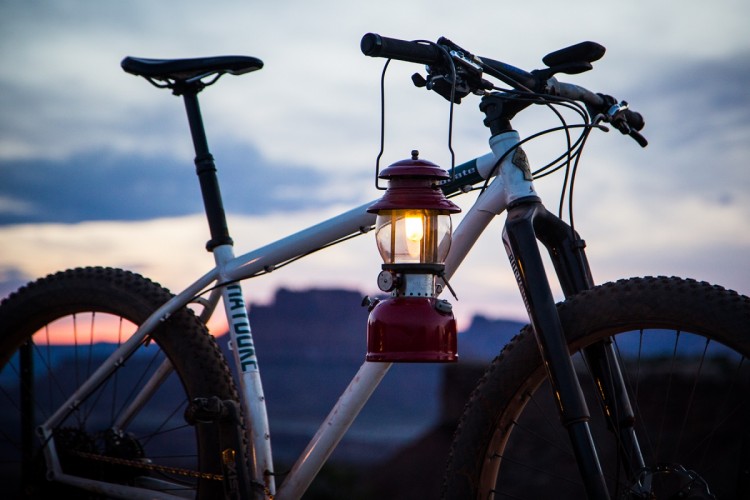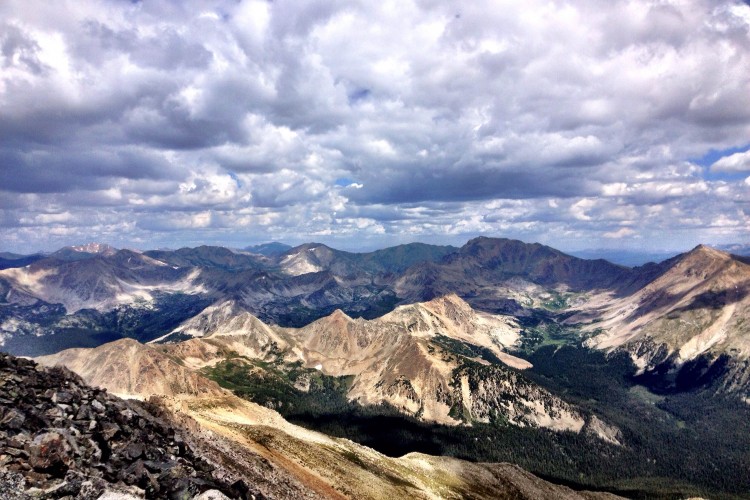
In response to the recent news that the Sustainable Trails Coalition’s bill has been introduced in Congress, IMBA has released a public statement that they say, “is intended for local IMBA chapter leadership who may have questions about this new Bill focused on mountain biking on federal lands.” Regardless of who it’s intended for, this post, titled “Bikes in Congressionally Designated Wilderness – A Dream for Some and a Nightmare for Others,” gives fresh insight into IMBA’s position on Wilderness.
The statement hinges on the fact that IMBA is publicly opposed to amending the Wilderness act in any way. Here’s what IMBA’s Mike Van Abel had to say:
“IMBA is also on record with the strong belief that amending the Wilderness Act comes not only with a risk of unintended consequences, especially political consequences and further polarization of the stewardship and outdoor recreation community, and is unnecessary to preserve mountain bike access while also achieving landscape level conservation. While we commend Senators Lee and Hatch for their interest, we also have deep concerns that there are other agendas that this Bill could facilitate, especially a public land seizure agenda.”
While IMBA is fearful of the unintended consequences, in principle they agree with many of the goals that the bill has, including redefining “bicycling as a ‘non-motorized form of transportation,” instead of lumping it in with all mechanized travel. Van Abel continues,
“The current language of S.3205 seeks to redefine bicycling as a “non-motorized” form of transportation. We applaud this. The ‘mechanized transport’ language codified in regulations written for the 1964 Wilderness Act is ill-defined and unnecessarily confusing to many public land managers. The effect of this ‘mechanized’ definition is human-powered bicycles being managed in the same manner as motorized forms of travel. And this land management approach to bicycling on trails has crept beyond wilderness landscapes.”
So how does IMBA think the Wilderness issue should be addressed? Essentially, Van Abel reiterated the strategy they announced back in February, which focuses on alternative designations and redrawing Wilderness boundaries. IMBA claims that pursuing other designations can more easily provide win-win scenarios, which they believe are superior to Wilderness designations due to the “political and legislative viability.”
But where does that leave mountain bike access in current Wilderness areas? In the exact same place.



















